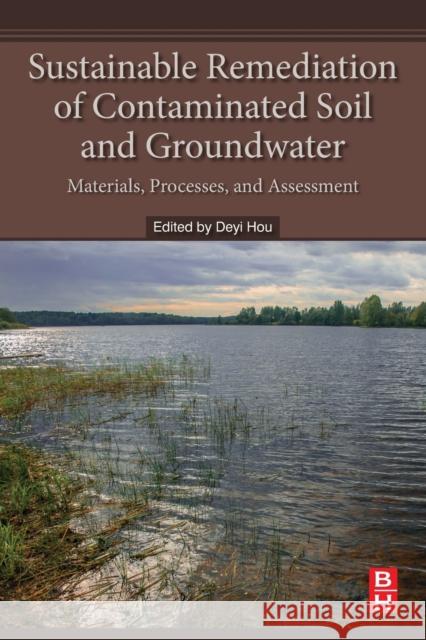Sustainable Remediation of Contaminated Soil and Groundwater: Materials, Processes, and Assessment » książka
topmenu
Sustainable Remediation of Contaminated Soil and Groundwater: Materials, Processes, and Assessment
ISBN-13: 9780128179826 / Angielski / Miękka / 2019 / 352 str.
Sustainable Remediation of Contaminated Soil and Groundwater: Materials, Processes, and Assessment
ISBN-13: 9780128179826 / Angielski / Miękka / 2019 / 352 str.
cena 816,11
(netto: 777,25 VAT: 5%)
Najniższa cena z 30 dni: 811,08
(netto: 777,25 VAT: 5%)
Najniższa cena z 30 dni: 811,08
Termin realizacji zamówienia:
ok. 30 dni roboczych
Dostawa w 2026 r.
ok. 30 dni roboczych
Dostawa w 2026 r.
Darmowa dostawa!
Kategorie:
Kategorie BISAC:
Wydawca:
Butterworth-Heinemann
Język:
Angielski
ISBN-13:
9780128179826
Rok wydania:
2019
Ilość stron:
352
Waga:
0.75 kg
Wymiary:
15.3 x 22.9 x 2.9
Oprawa:
Miękka
Wolumenów:
01
Dodatkowe informacje:
Wydanie ilustrowane











